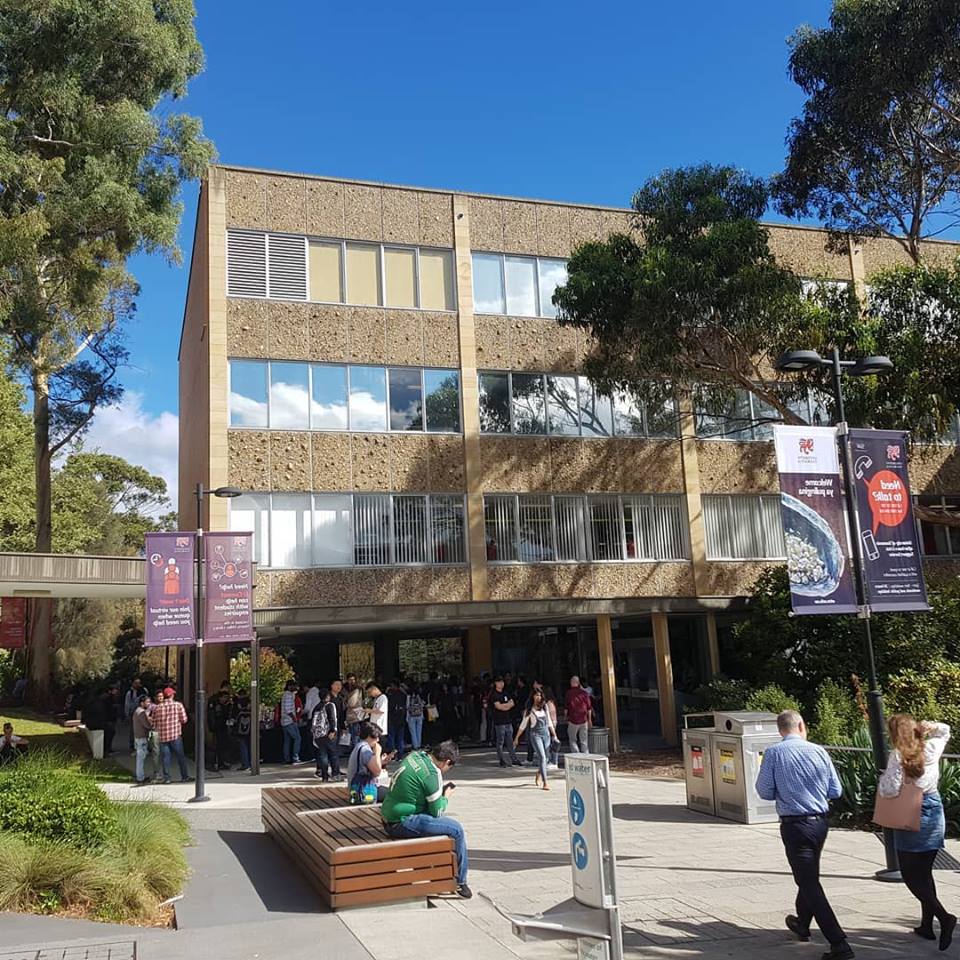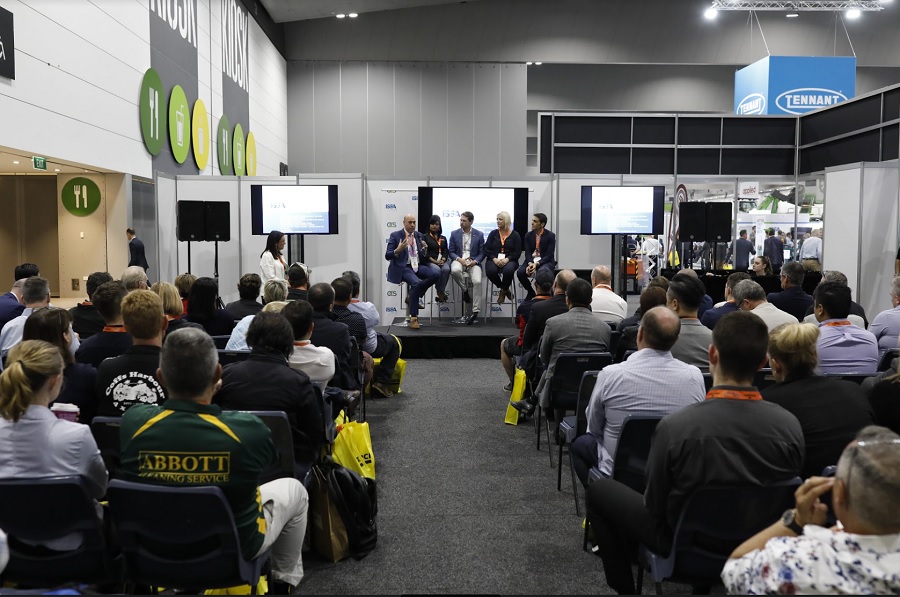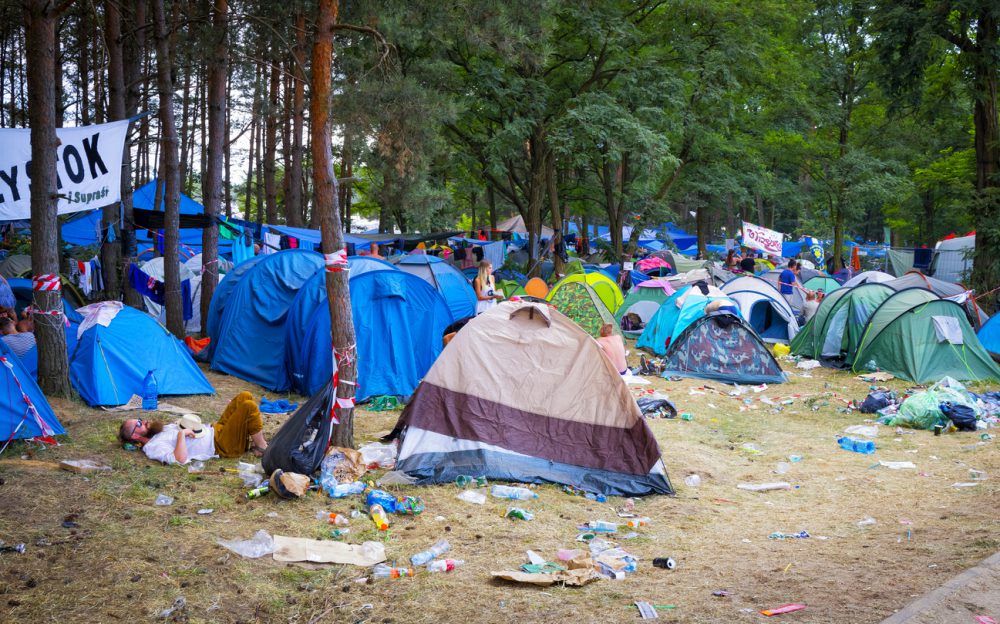
OK we’re not in a post-COVID world yet.
But as Australia works to keep levels of community transmission low and vaccine rollouts expand, it’s nice to know we’re getting closer to a sense of normality after a challenging 2020.
While festivals and events took a hammering in 2020, the experience economy is predicted to be worth an estimated $12 billion by 2023*, so as life returns to regular routines it’s only a matter of time before events and festivals return to the calendar.
This is long overdue because events bring people together, and after the isolation and physical/emotional distance caused by the coronavirus, that can only be a good thing – as long as it’s done safely of course.
On top of new health concerns, events and festivals are the fifth biggest polluters on the planet sending more than 4 billion tons of waste to landfill.
With the return of events and festivals on the horizon, it’s important to recognise the need to adapt to become more health-conscious and more sustainable.
Here are four ways the return of events and festivals will change in a post-COVID world.
1. Hygiene will become a priority
Hygiene has always been a priority for event and festival organisers, but it will become increasingly important for guests and attendees too.
Everyone has upskilled their hand washing game considerably as a result of 2020 and maintaining stricter levels of health and safety will stay at the forefront of consumer’s minds going forward.
For event and festival organisers this means Covid-related hygiene practices like having handwashing and sanitiser stations throughout the venue, increased sanitation and disinfection of high touch points such as door handles, bathrooms and handrails, and having a larger commercial cleaning presence to maintain a clean and clear space for guests and talent.
Whether it’s extra cleaners for event bathrooms or commercial disinfectant teams to give multi-day events a complete reset, hygiene has become more important than ever.
2. Waste management sustainability
The pandemic changed the way Australians viewed so many aspects of their lives. From the importance of spending time with loved ones to the possibility of attending a Zoom work meeting in their pyjamas.
The pause in world activity also showed how quickly mother nature was able to bounce back.
For this reason, the post-COVID world will see events and festivals looking to promote sustainability in their industry to continue to put environmental needs first.
Banning plastic straws won’t be enough in 2021 and beyond, it will take correct waste management plans that bring step-by-step custom solutions to manage and dispose of the waste created by events and festivals.
What waste streams should be made available on site? Are there waste reduction strategies to limit the amount of waste going to landfill? Are the cleaning chemicals environmentally friendly? Are we using biodegradable plastics?
These are the types of waste management questions that event and festival organisers will need to answer going forward.
At Clean Vibes, we partner with event and festival organisers to ensure we have the correct waste infrastructure onsite therefor diverting on average 86 per cent of waste and recycling from landfill sites.
Introducing the ‘return and earn’ scheme onsite at each event ensures that valuable recourses are responsibly managed, while also providing rebates back to the event and festival organisers.

3. Cost reduction goals
International travel may be on hold for a little while longer, but it’s not just the lack of overseas visitors that will impact events and festivals moving forward.
The cost of shipping will increase as flights are disrupted, making international materials and resources a costly investment. Organisers will have to look locally for resources, talent and commercial services.
The cost for additional staffing, for COVID safe practices such as COVID marshals who maintain social distancing, increased security for temperature checks, and QR code sign ins and increased cleaning and hygiene practices will have an added impact to the costs of operating events moving forward.
Bringing down overall costs is possible through sustainable waste management practices that divert landfill, with on-site processing and sorting able to slash the waste invoices, as well as generating rebates for a further reduction in costs.
Cost reduction strategies, whether applied to event cleaning, organising or talent, will become key considerations going forward.
4. Ticketed and traced
Australians are a pretty laid-back bunch. This made it easy for street events and small scale festivals to operate under a ‘come as you please’ format before COVID-19.
Whether it was a pop-up gallery, or a street market, patrons and attendees arrived when they wanted and left when they wanted.
But with the importance of monitoring numbers and contact tracking individuals in case of health emergencies, expect events and festivals of all sizes to move towards ticketed models instead.
While this is already the case at large scale events, don’t be surprised if community markets, street events and public exhibitions move towards ID checks and scanned entry passes to make sure there’s a traceable fingerprint of attendees.
As a natural evolution, larger events and festivals will need to focus on upgrading their fencing, security and ticketing tech to make sure they’re on top of their overall numbers.
A post-COVID world isn’t necessarily one without COVID-19. But one where the coronavirus is a much smaller, albeit still circulating, presence.
Andrew Macarthur is managing director of event waste management and sustainability company, Clean Vibes. www.cleanvibes.com.au
Comment below to have your say on this story.
If you have a news story or tip-off, get in touch at info@3.106.117.80.
Sign up to INCLEAN’s newsletter.




